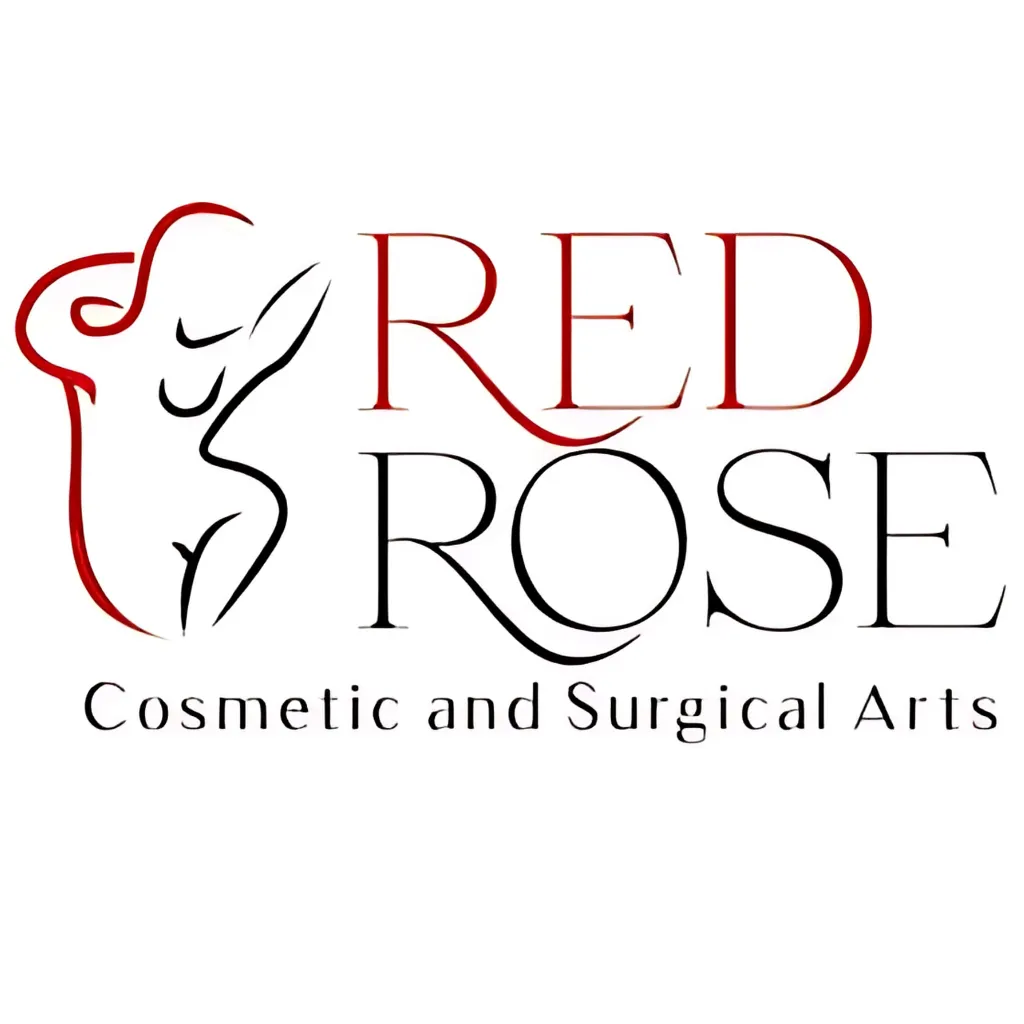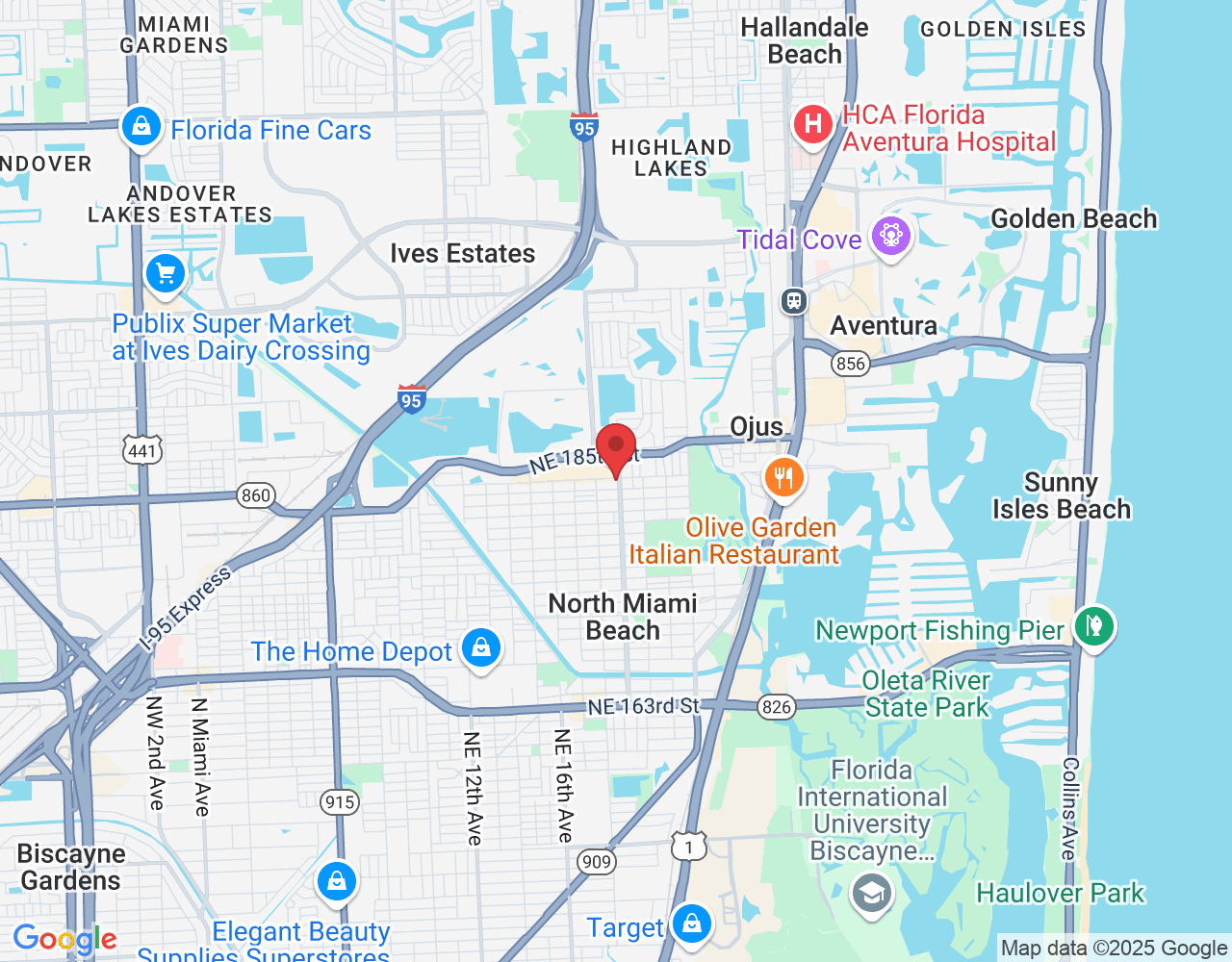Welcome To Red Rose Cosmetic and Surgical Arts
Red Rose Cosmetic and Surgical Arts, Miami’s premier physician-owned center, specializes in advanced cosmetic procedures like BBLs, Mommy Makeovers, and HD Lipo. With board-certified surgeons and cutting-edge technology, they ensure exceptional, patient-centered care in a luxurious setting.
OVER-THE-COUNTER (OTC) PAIN RELIEVERS & NSAIDs

Many of these increase bleeding risk or interfere with platelet function.
Aspirin (Acetylsalicylic Acid)
Aspirin Brands:
• Bayer®
• Bufferin®
• Ecotrin®
• St. Joseph®
• Excedrin® (contains aspirin + acetaminophen + caffeine)
Ibuprofen:
• Advil®
• Motrin®
• Midol IB®
Naproxen:
• Aleve®
• Naprosyn®
• Anaprox®
• Ketoprofen (Orudis®, Actron®)
• Ketorolac (Toradol® - prescription strength, sometimes used short-term)
• Diclofenac (Voltaren®, Cataflam®)
• Indomethacin (Indocin®)
• Indomethacin (Indocin®)
• Piroxicam (Feldene®)
• Meloxicam (Mobic®)
• Sulindac (Clinoril®)
• Tolmetin (Tolectin®)
• Flurbiprofen (Ansaid®)
• Nabumetone (Relafen®)
• Fenoprofen (Nalfon®)
• Meclofenamate (Meclomen®)
• Etofenamate (Traxam® in some regions)
• Celecoxib (Celebrex®) – COX-2 inhibitor (lower GI risk vs. traditional NSAIDs, but some surgeons still prefer avoiding it pre-op)

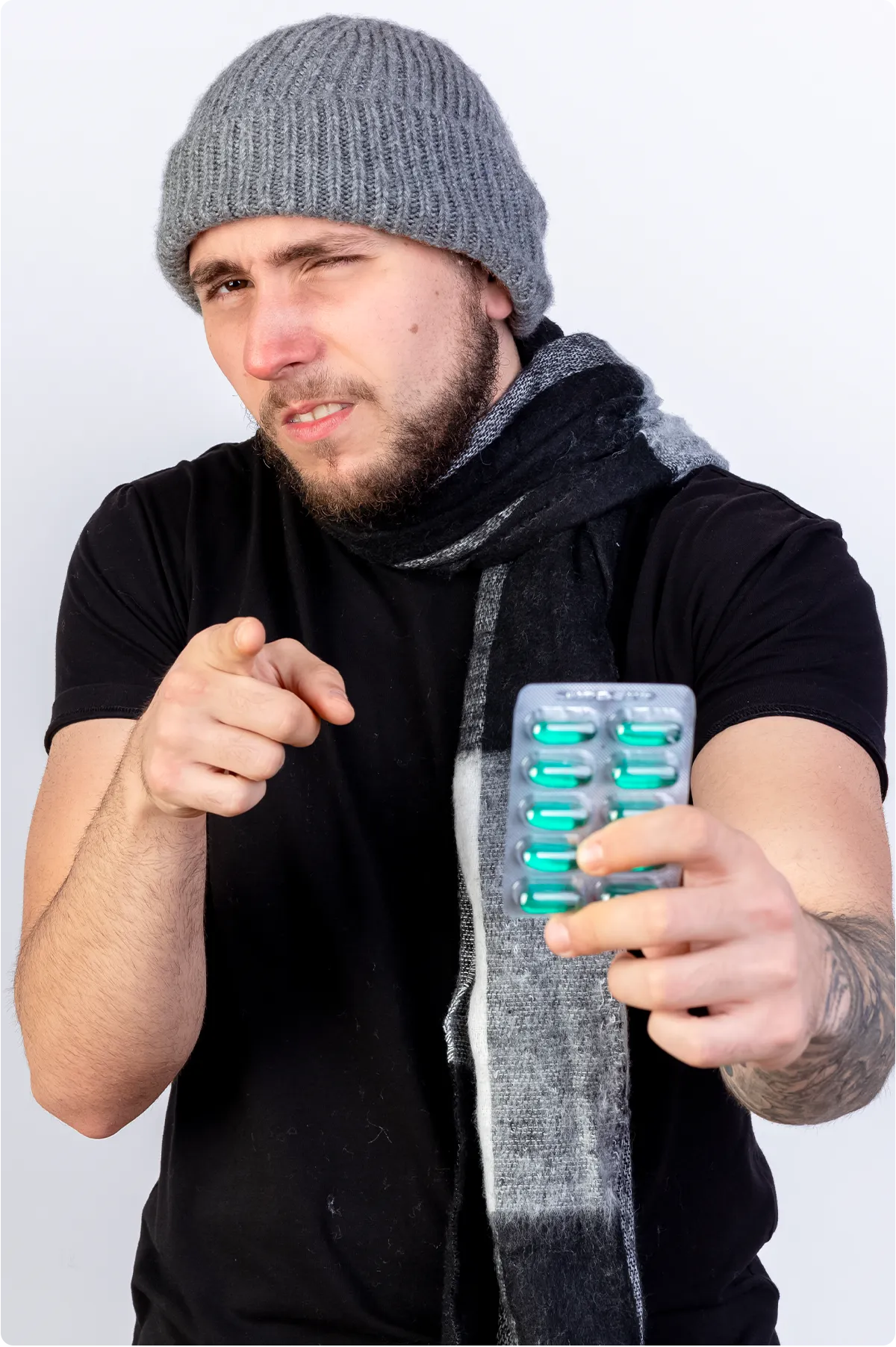
OTHER OTC ANALGESICS & COMBINATION PRODUCTS


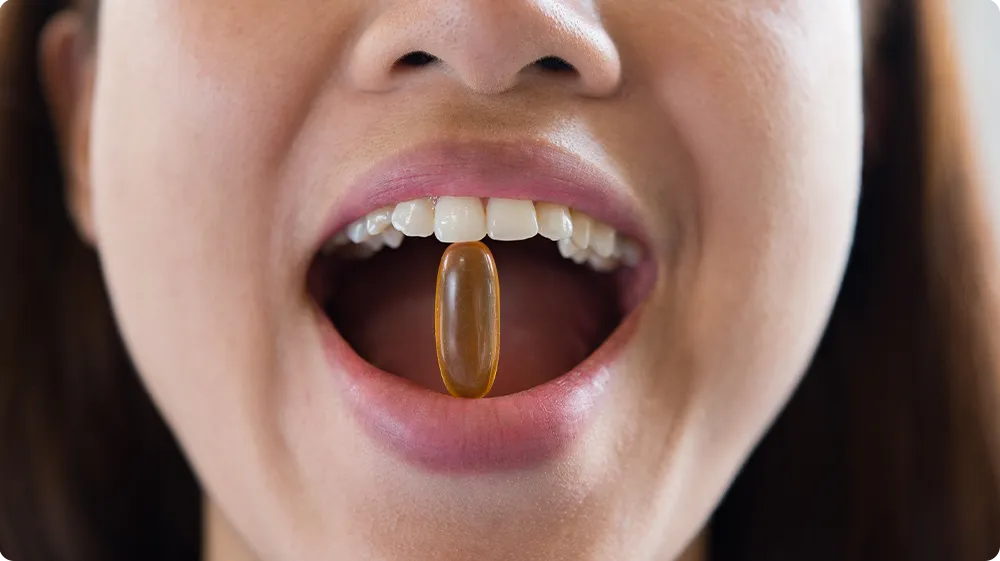
Many multi-ingredient formulas contain aspirin, ibuprofen, or other agents that can increase bleeding risk.
• Excedrin Migraine® (acetaminophen, aspirin, caffeine)
• Insurance & Payment
• BC Powder® (aspirin, caffeine)
• Goody’s Powder® (aspirin, acetaminophen, caffeine)
• Anacin® (aspirin, caffeine)
• Alka-Seltzer® (contains aspirin in many varieties)
• Pamprin® Cramp Formula (may include NSAIDs)
• Midol® Complete (acetaminophen, caffeine, antihistamine) – check label for versions that contain NSAIDs
• Advil PM® (ibuprofen + diphenhydramine)
• Tylenol PM® (acetaminophen + diphenhydramine) – generally safer but confirm with your surgeon
• Sudafed Sinus & Pain® – check label; some contain ibuprofen or naproxen
• Theraflu® products – check label carefully for NSAIDs

PRESCRIPTION BLOOD THINNERS (ANTICOAGULANTS & ANTIPLATELETS)
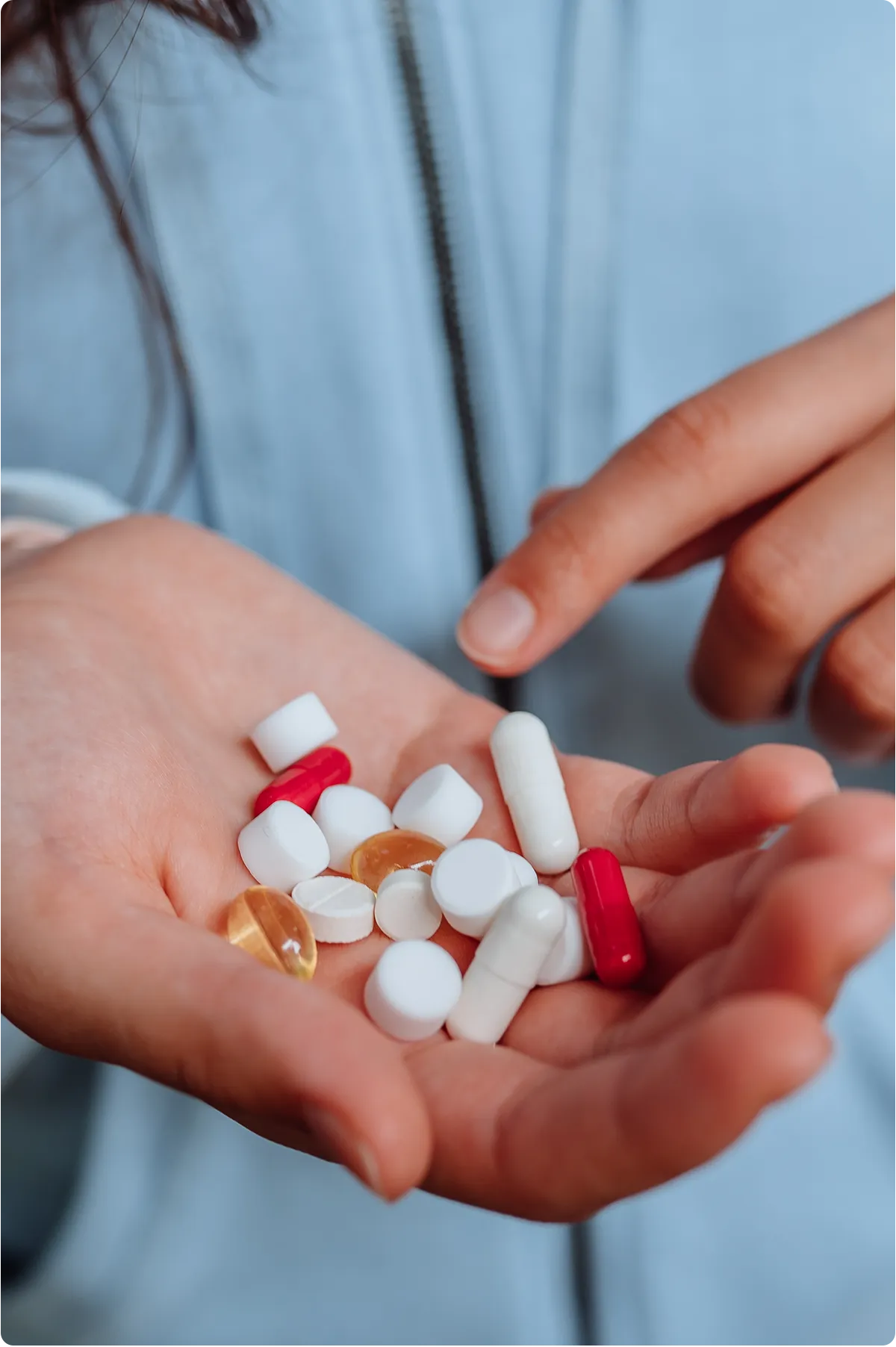
These significantly impact clotting and bleeding risk. Never discontinue without explicit instruction from the prescribing doctor and surgeon.
• Warfarin (Coumadin®)
• Heparin (unfractionated)
• Enoxaparin (Lovenox®)
• Dalteparin (Fragmin®)
• Fondaparinux (Arixtra®)
• Rivaroxaban (Xarelto®)
• Apixaban (Eliquis®)
• Edoxaban (Savaysa®)
• Dabigatran (Pradaxa®)
• Bivalirudin (Angiomax®)
• Argatroban
• Ticlopidine (Ticlid®)
• Clopidogrel (Plavix®)
• Prasugrel (Effient®)
• Ticagrelor (Brilinta®)
• Dipyridamole (Persantine®)
• Cilostazol (Pletal®)

OTHER PRESCRIPTION MEDICATIONS OF CONCERN


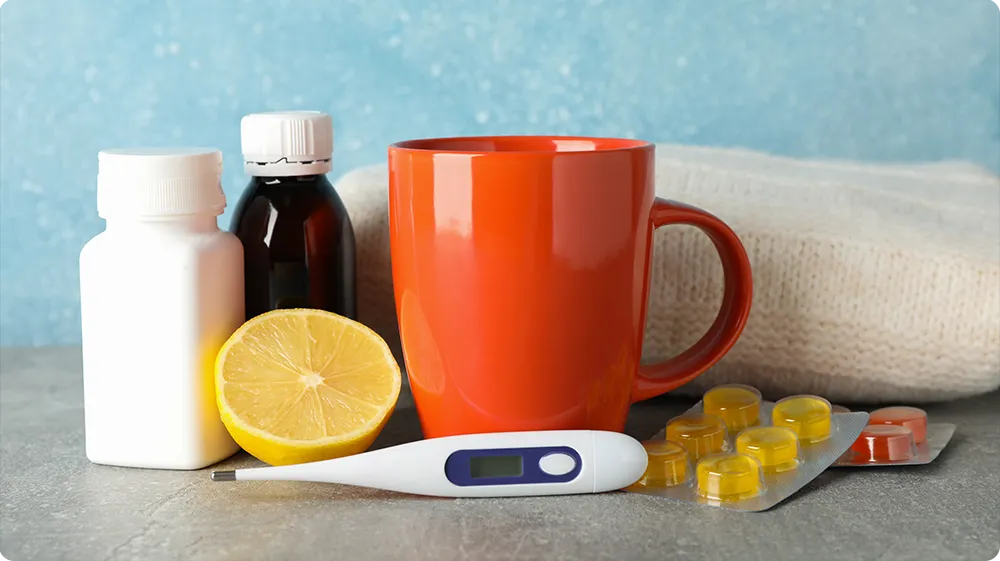
These drugs can interact with anesthesia, affect platelets, or alter blood pressure in a way that complicates surgery.
Certain Psychiatric & Neurological Medications
• Selective Serotonin Reuptake Inhibitors (SSRIs) – e.g., Sertraline (Zoloft®), Fluoxetine (Prozac®), Paroxetine (Paxil®) (some surgeons want caution due to possible platelet effects)
• Serotonin-Norepinephrine Reuptake Inhibitors (SNRIs) – e.g., Venlafaxine (Effexor®), Duloxetine (Cymbalta®)
• Tricyclic Antidepressants – e.g., Amitriptyline (Elavil®), Nortriptyline (Pamelor®)
• Monoamine Oxidase Inhibitors (MAOIs) – e.g., Phenelzine (Nardil®), Tranylcypromine (Parnate®)
• Lithium – requires close monitoring with anesthesia
• Certain Antipsychotics (e.g., Clozapine, Olanzapine) – potential sedation interactions
Other Drugs That May Affect Bleeding or Anesthesia
• Steroids (e.g., Prednisone, Hydrocortisone) – must be managed carefully, do not stop abruptly
• Immunosuppressants (e.g., Methotrexate, Cyclosporine) – can affect healing
• Diabetes Medications (e.g., Insulin, Metformin, Sulfonylureas) – not necessarily “avoid,” but need instructions on adjusting dose
• Thyroid Medications (Levothyroxine, etc.) – not typically discontinued, but always disclose usage
• Diuretics (Hydrochlorothiazide, Furosemide) – can affect fluid balance; surgeons need to be aware
• ACE Inhibitors / ARBs (e.g., Lisinopril, Losartan) – sometimes adjusted due to hypotension risks with anesthesia
• Hormone Replacement Therapy & Oral Contraceptives – may increase clot risk; some surgeons pause these 2–4 weeks prior, depending on procedure

HERBAL & DIETARY SUPPLEMENTS
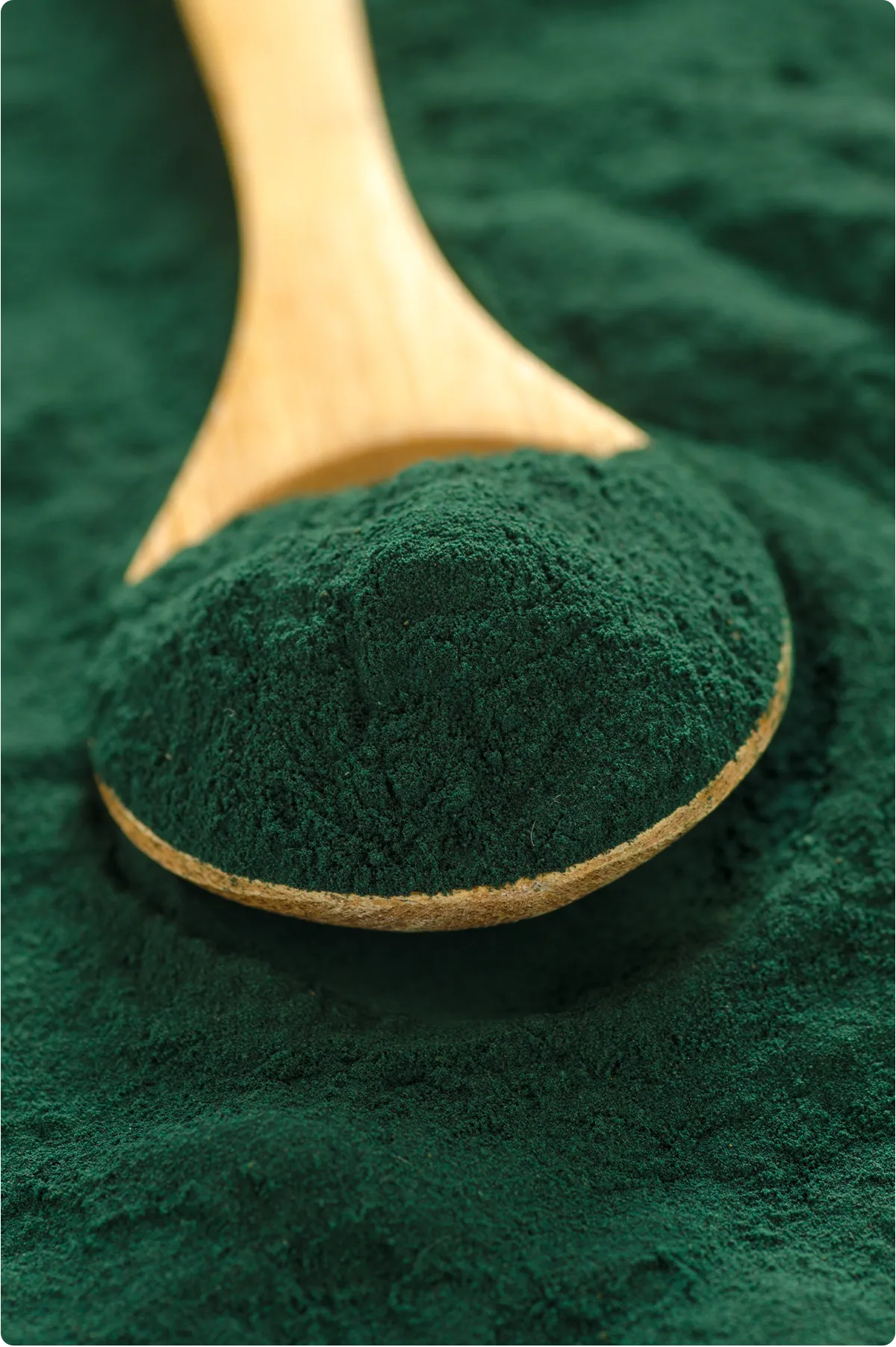
Many of these can thin blood, raise or lower blood pressure, or otherwise interact with anesthesia. Discontinue at least 1–2 weeks prior unless otherwise directed.
• Black Cohosh
• Dong Quai
• Evening Primrose Oil
• Feverfew
• Garlic Supplements
• Ginger (high doses)
• Ginkgo Biloba
• Ginseng (Panax, Siberian, etc.)
• Goldenseal
• Hawthorn
• Horse Chestnut
• Kava Kava
• Licorice (Glycyrrhiza glabra) – in high doses, can affect blood pressure and potassium
• Milk Thistle
• Saw Palmetto
• St. John’s Wort
• Valerian Root
• Yohimbe
• Ephedra (Ma Huang) – banned in some places, but still found in certain supplements
• Bromelain (pineapple enzyme, can affect platelet function)
• Turmeric / Curcumin (high-dose supplements, mild blood-thinning effect)
• White Willow Bark (contains salicylates)
• Resveratrol (high doses)
• Alpha-Lipoic Acid (high doses)
• Coenzyme Q10 (CoQ10) – typically safe, but disclose usage
• Black Walnut
• Cat’s Claw
• Pau d’Arco
• Red Clover
• Grapeseed Extract
• Bilberry
• Papaya Extract (in higher concentrations)

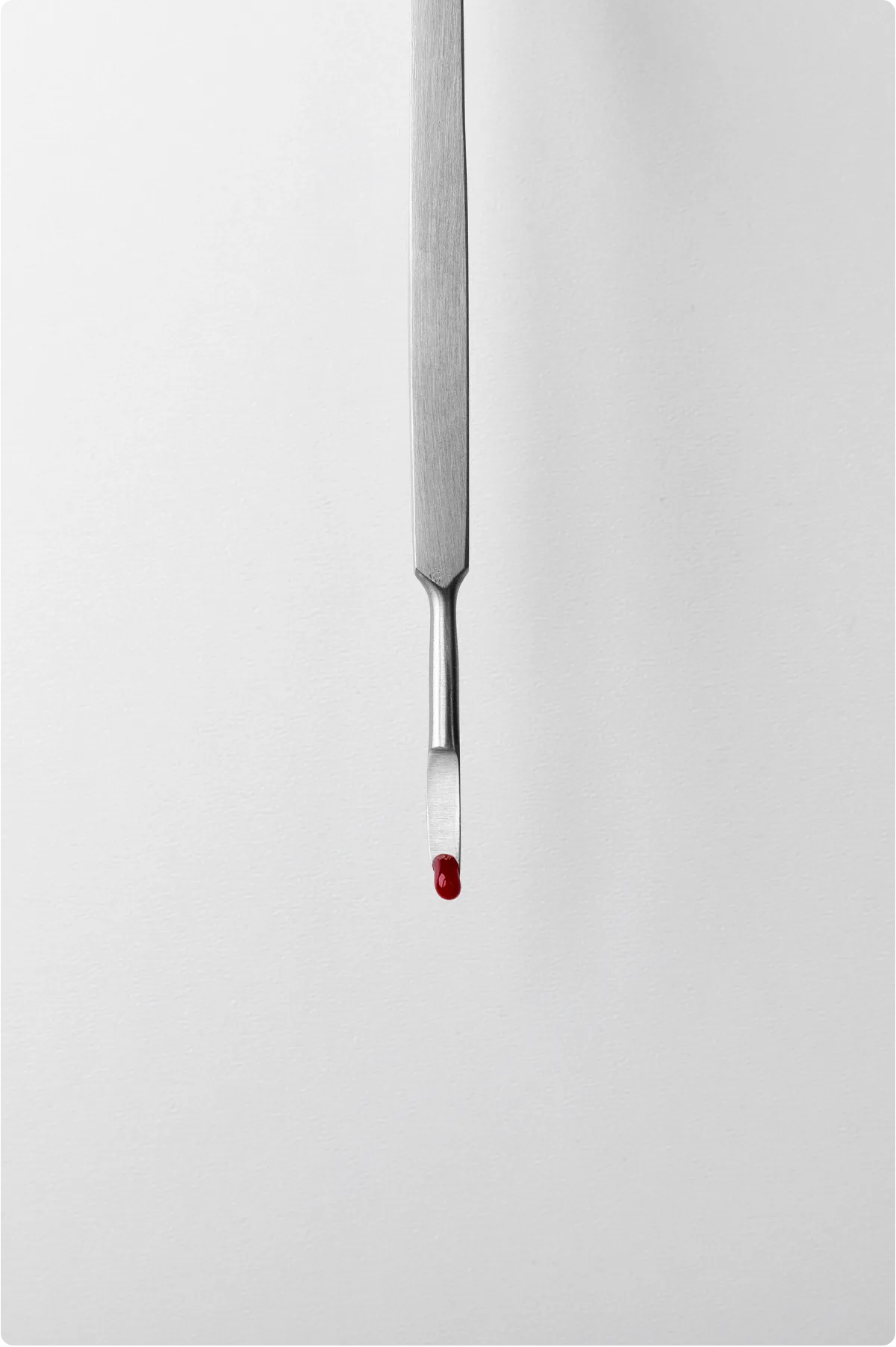

VITAMINS & HIGH-DOSE MINERALS
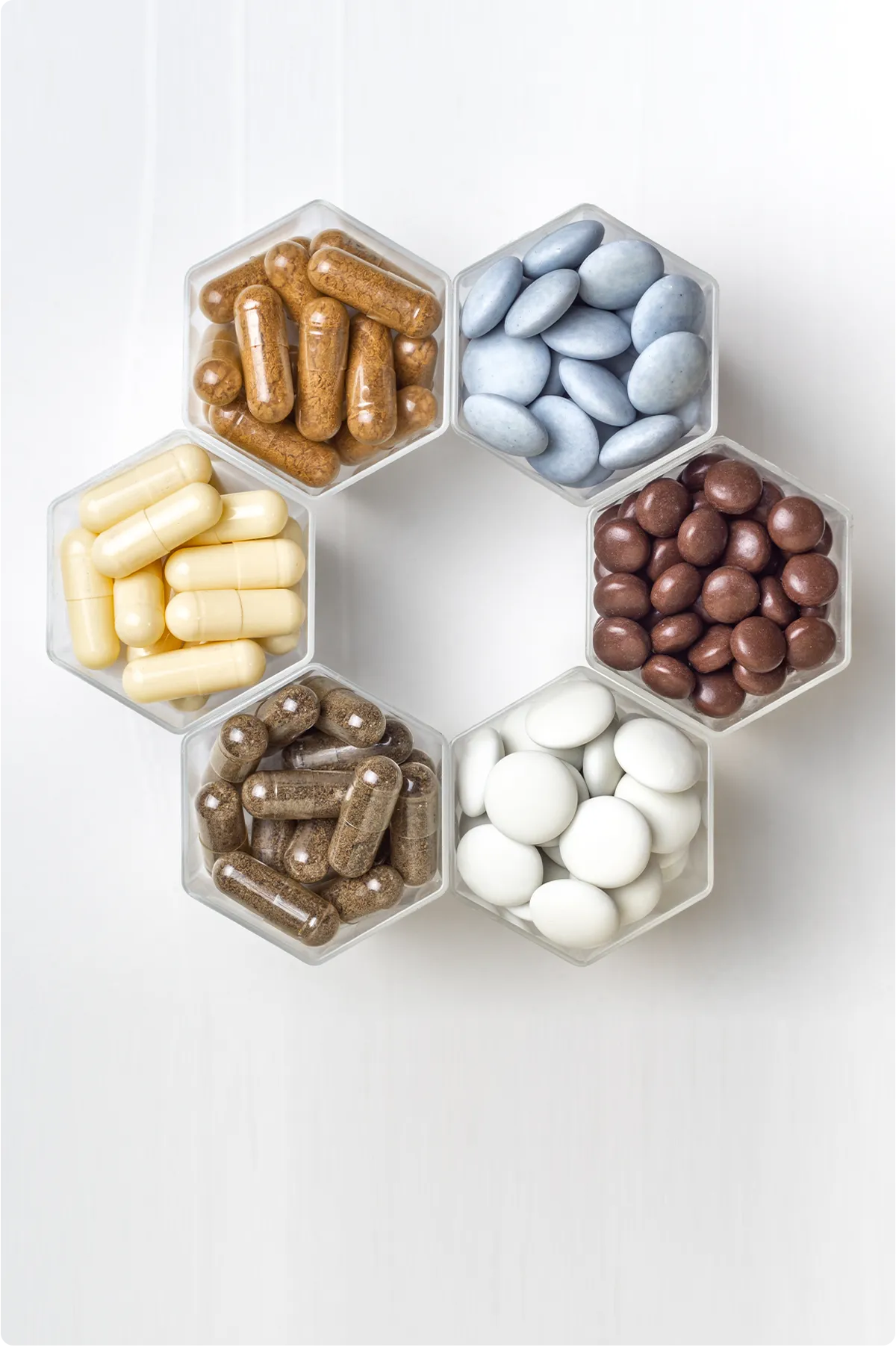

While standard multivitamins are often acceptable, megadoses may pose a risk.
• High-Dose Vitamin E (>400 IU/day) – known to have an anticoagulant effect
• High-Dose Vitamin A (over-supplementation can lead to toxicity issues, though not specifically bleeding)
• High-Dose Vitamin C (in some cases may worsen kidney issues or interact with other meds)
• High-Dose Vitamin K (can affect anticoagulant therapy and clotting tests)
• High-Dose Fish Oil / Omega-3 (EPA/DHA in large quantities >3 g/day have a blood-thinning effect)
• High-Dose Zinc (excess can interfere with copper balance and healing)
• Selenium (excess supplementation can be toxic)
• Iron – not usually avoided unless instructed; can cause constipation issues that complicate post-op bowel care
HOMEOPATHIC & “NATURAL” REMEDIES
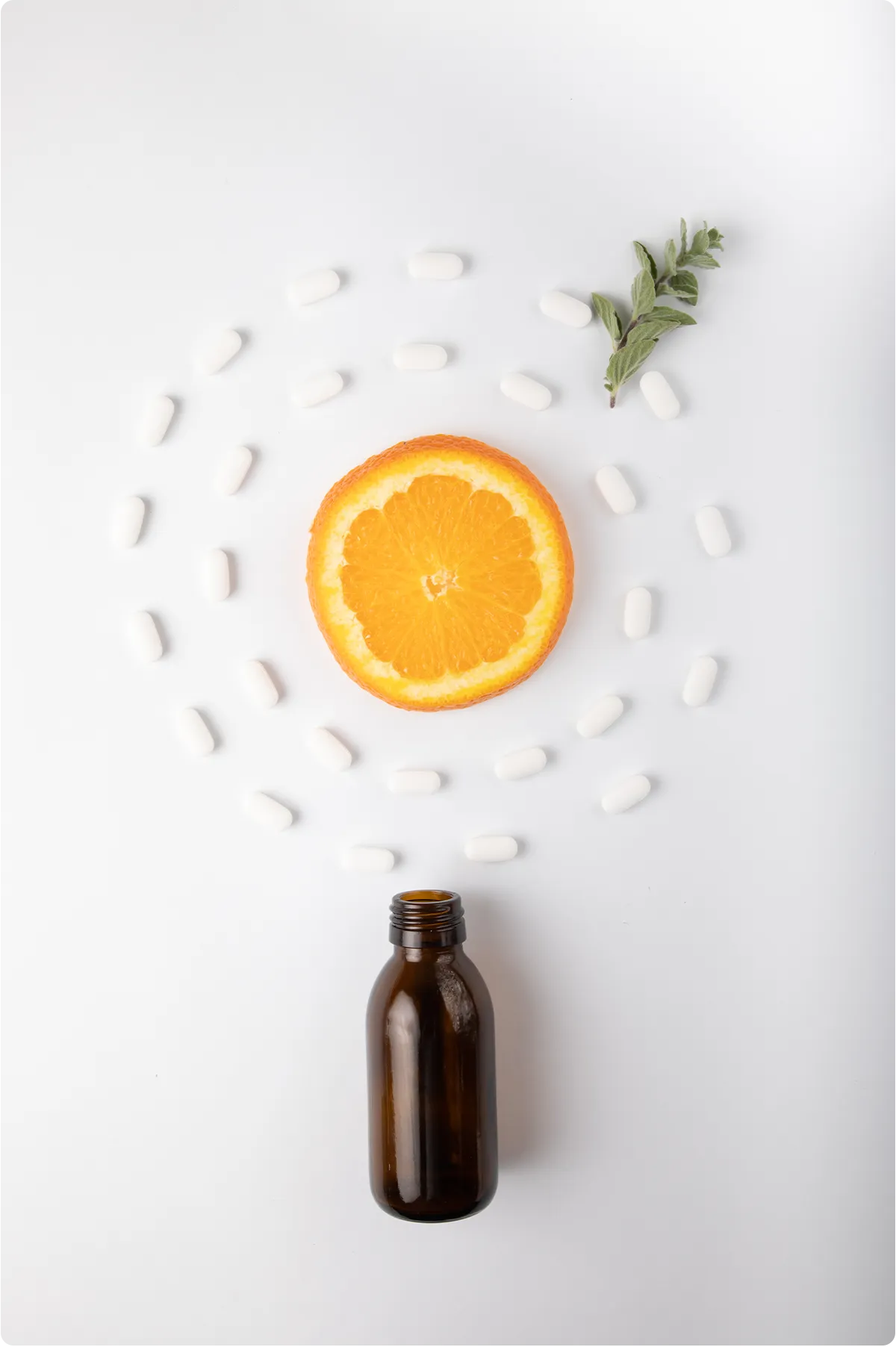
Even if labeled “natural,” many can affect bleeding, blood sugar, or sedation.
• Arnica montana (commonly used for bruising; some surgeons allow it, others advise caution)
• Calendula
• Chamomile (mild blood-thinning potential in large quantities)
• Comfrey (known liver toxicity concerns)
• Devil’s Claw (Harpagophytum procumbens) – anti-inflammatory, mild anticoagulant
• Willow Bark (natural salicylates) – similar to aspirin
• Kratom – sedation and respiratory depression risks

MISCELLANEOUS OVER-THE-COUNTER PRODUCTS
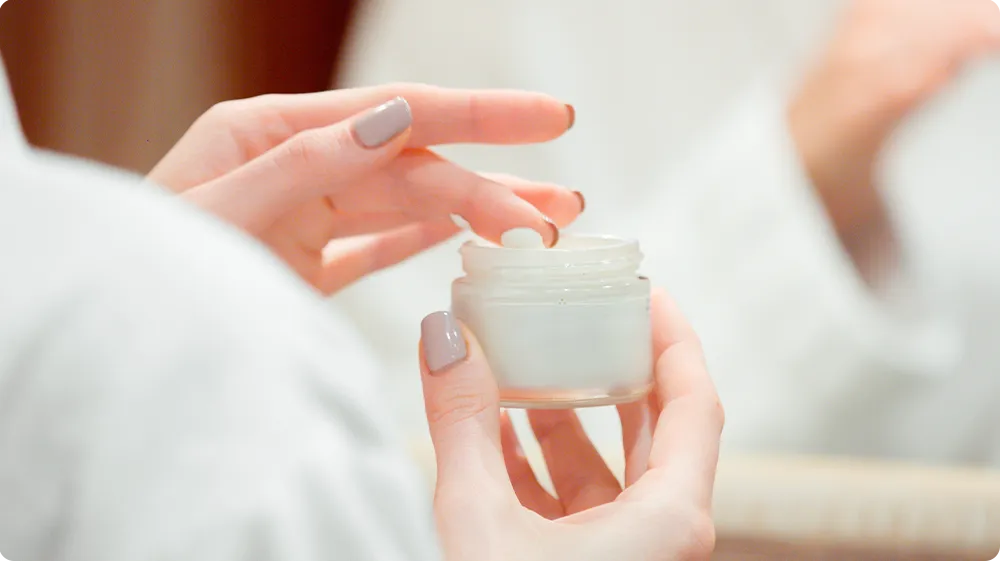

Often overlooked items that may contain NSAIDs, salicylates, or stimulants that can complicate anesthesia or bleeding.
• Pepto-Bismol® (bismuth subsalicylate – a salicylate, can thin blood)
• Kaopectate® (some formulations contain salicylates)
• Energy Drinks (high caffeine, stimulants that can raise heart rate/blood pressure)
• Weight-Loss Pills (often contain stimulants or diuretics)
• Allergy & Cold Medicines – Some have NSAIDs included (e.g., Advil Cold & Sinus®)
• Seltzer Effervescent Tablets – Many contain aspirin (Alka-Seltzer® variants)
COMBINATION MEDICATIONS / PRODUCTS

OTC “multi-symptom” medications can hide aspirin, ibuprofen, or other problematic agents.
NyQuil/DayQuil Products – some versions contain acetaminophen (OK if used correctly), others may have additional ingredients
• Robitussin CF® – check for added decongestants or NSAIDs
• Mucinex® Products – read labels carefully
• Dimetapp® Multi-Symptom – potential addition of ibuprofen or acetaminophen
• Allegra-D®, Claritin-D®, Zyrtec-D® – contain pseudoephedrine; can affect blood pressure
• Tylenol Cold & Flu® – generally safer if it’s acetaminophen-based, but confirm no added NSAIDs
• Midol® Menstrual – certain formulas have ibuprofen or naproxen

REGIONAL & LESS COMMON NSAIDs / ANALGESICS


Some international or less frequently used pain relievers may also be restricted.
• Mefenamic Acid (Ponstel®)
• Fenbufen (Japan)
• Dexketoprofen (Keral®) – used in Europe
• Flurbiprofen Patch – used in parts of Asia, similar to oral flurbiprofen
• Nimesulide (Europe, Latin America; banned or restricted in some countries)
• Metamizole (Dipyrone) – not FDA-approved in the U.S., but used in other countries
• Pirprofen (discontinued in some places)
• Aceclofenac (international markets)
• Diacerein (Europe, for osteoarthritis)
ADDITIONAL HERBS & SUPPLEMENTS (EXPANDED LIST)
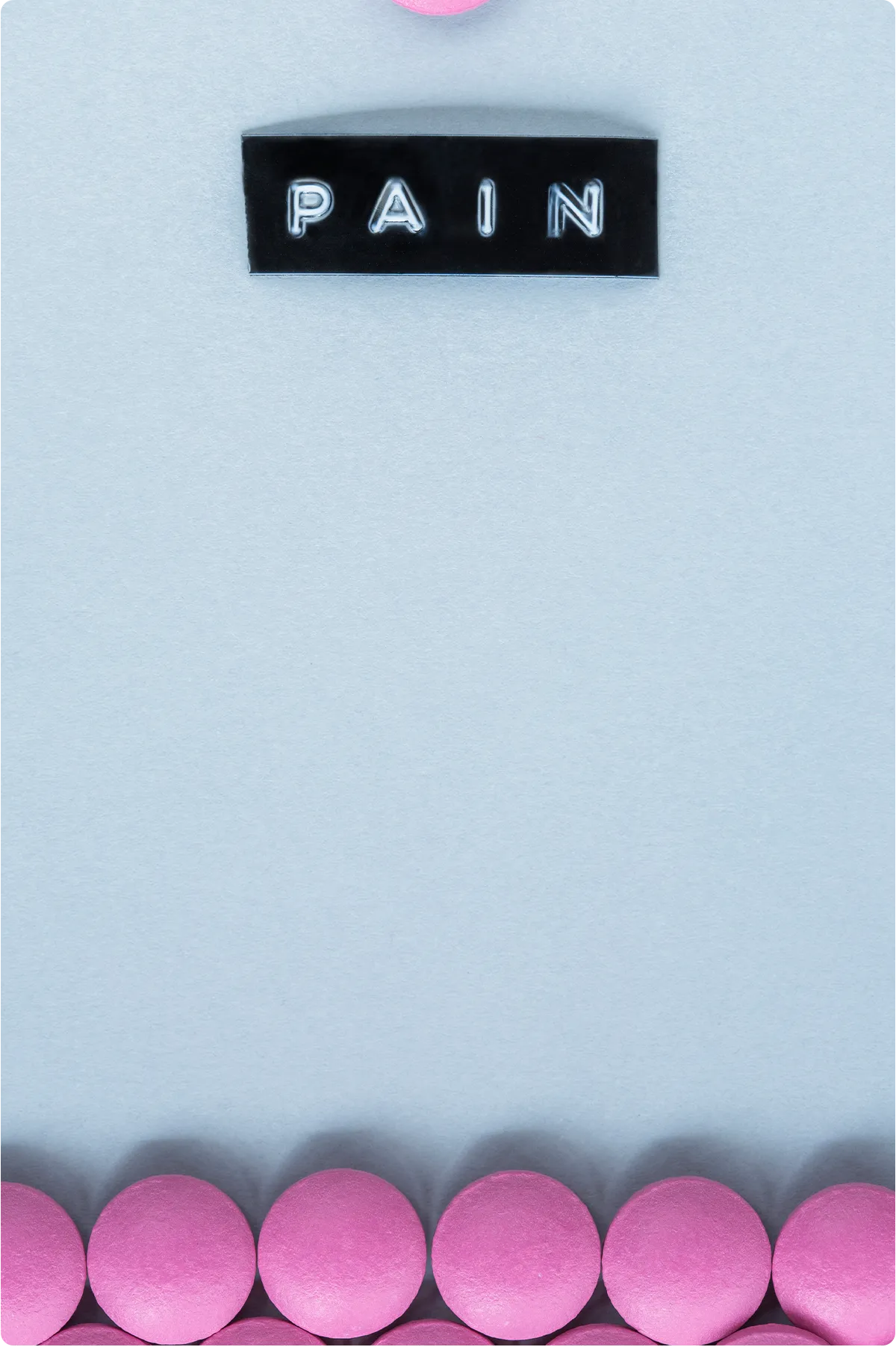
Continuing with less common or region-specific items—still known to affect bleeding or interact with anesthesia.
• Agnus Castus (Vitex)
• Amla (Indian Gooseberry) – high in vitamin C, mild anticoagulant effect in large doses
• Andrographis
• Ashwagandha – can lower blood pressure, cause sedation
• Astragalus – immune-modulating; can have unknown interactions
• Blue Cohosh
• Boswellia (Frankincense extract) – anti-inflammatory, possible platelet effect
• Bupleurum
• Cascara Sagrada (laxative; electrolyte imbalances can be an issue pre-op)
• Chondroitin (often combined with glucosamine; mild blood-thinning risk)
• Chrysin
• Coltsfoot (hepatotoxic potential)
• Damiana
• Echinacea (immune stimulant; post-op infection risk interplay is debated)
• Fo-ti (He Shou Wu)
• Gotu Kola (Centella asiatica) – can affect sedation in large doses
• Guggul
• Gymnema Sylvestre (affects blood sugar)
• Horny Goat Weed (Epimedium) – vasodilator, possible bleeding risk
• Hydrangea Root
• Isoflavones (Soy, Red Clover) – mild estrogenic effects, possible clotting changes
• Lemon Balm – sedation if combined with anesthesia
• Maca Root – potential hormone interactions
• Muira Puama
• Nettle (Urtica dioica) – mild anticoagulant effect
• Passionflower – sedation if combined with anesthesia
• Pygeum
• Rhodiola Rosea (adaptogen; possible blood pressure & sedation effects)
• S-Adenosyl Methionine (SAM-e) – can affect mood meds, potential bleeding risk
• Schisandra
• Slippery Elm
• Spirulina (blue-green algae) – rare clotting factor interactions
• Tribulus Terrestris
• Uva Ursi
• Vitamine B6 (Pyridoxine) in very high doses – potential neuropathy, though not a classic bleeder
• Wild Yam (diosgenin content, potential hormone effect)
• Willow Bark – repeated mention; it’s salicylate-based



TOPICAL & TRANSDERMAL MEDS/PRODUCTS
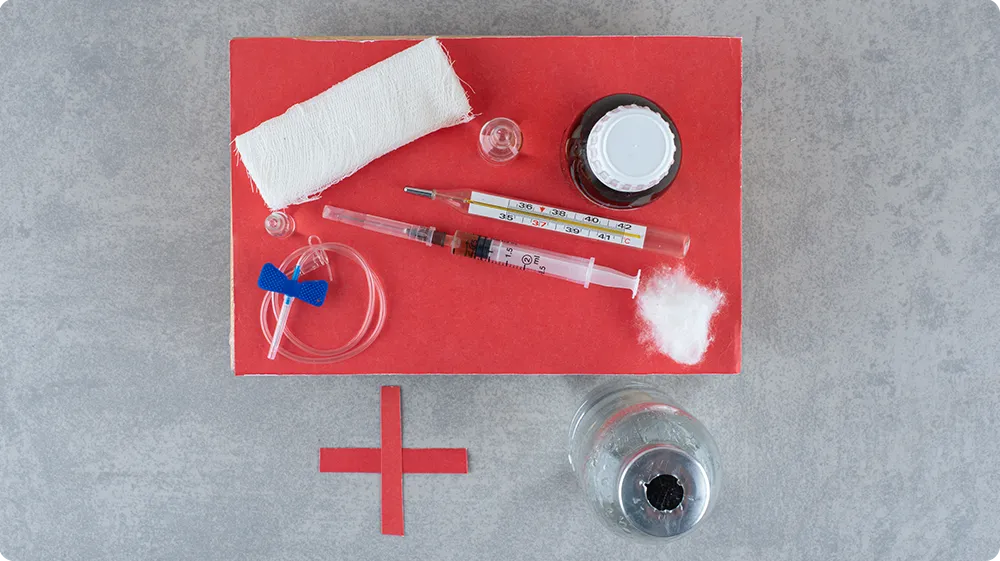
Even topical agents can have systemic absorption.
• Topical NSAIDs (Diclofenac gel – Voltaren®, Pennsaid®)
• Methyl Salicylate (Bengay®, Icy Hot® creams) – salicylate can enter bloodstream
• Capsaicin Cream (Zostrix®) – typically not a bleeding risk but consult your surgeon
RECREATIONAL / ILLICIT SUBSTANCES

Must disclose any use to your surgical team due to anesthesia and clotting concerns.
• Marijuana (Cannabis, THC, CBD) – potential sedation interactions, can alter heart rate/blood pressure
• Cocaine – severe risks with anesthesia (heart rate, blood pressure)
• Amphetamines (Methamphetamine, Adderall® if used recreationally)
• Opioids (illicit) – sedation, respiratory depression risk, tolerance issues
• Psychedelics (LSD, Psilocybin) – must be disclosed to anesthesia
• “Designer” Stimulants (Bath Salts, etc.) – high cardiovascular risk

NICOTINE & VAPING PRODUCTS

While not a direct “blood thinner,” nicotine and smoke byproducts impair wound healing and constrict blood vessels.
• Cigarettes / Cigars
• Vaping with Nicotine
• Nicotine Gum
• Nicotine Patches
• Smokeless Tobacco (chewing tobacco, snuff)
ALCOHOL & ENERGY PRODUCTS

• Alcohol – moderate-to-heavy intake can thin blood, affect liver function, and interact with anesthesia
• High-Caffeine Energy Drinks (Red Bull®, Monster®, 5-hour Energy®) – can raise blood pressure, heart rate
• Green Tea Extract (high doses) – mild anticoagulant and stimulant

MISCELLANEOUS “OFF-LABEL” OR COMPOUNDED PRODUCTS

Check any compounded cream, custom supplement blend, or off-label medication with your surgeon.
• Bio-Identical Hormone Replacement (compounded estrogen, progesterone, testosterone) – possible clotting changes
• Compounded Pain Creams (may include NSAIDs, muscle relaxants, or local anesthetics)
• Custom Herbal “Wellness” Teas – often contain blends of multiple herbs with unknown effects
MULTIPLE-BRAND CROSSOVERS & REGIONAL VARIATIONS
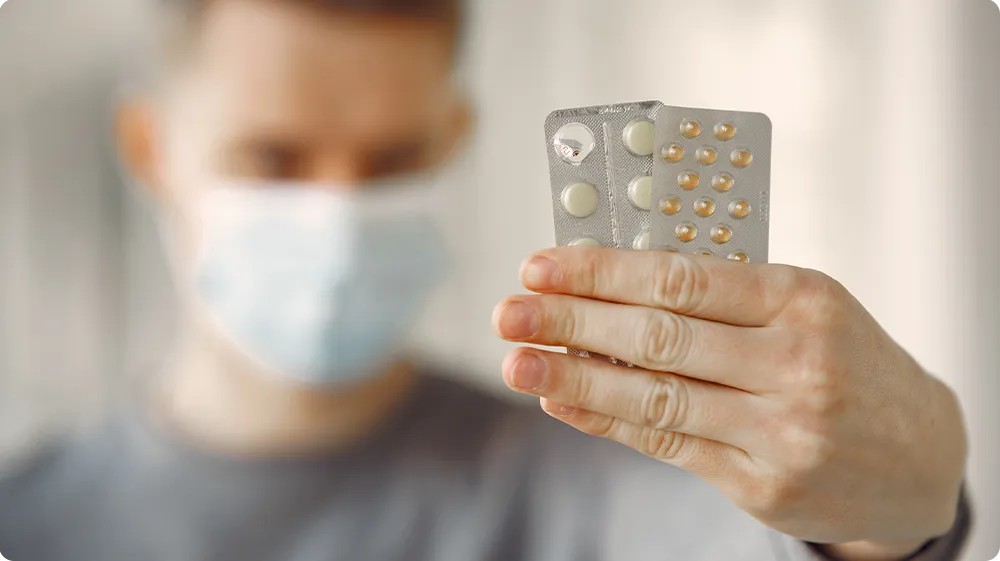
Some brand names differ by country, or a single brand may have multiple formulas. Always read labels for the following potentially problematic ingredients:
• Acetylsalicylic acid (Aspirin)
• Ibuprofen
• Naproxen
• Ketoprofen
• Diclofenac
• Salicylates (any derivative)
• Phenylephrine or Pseudoephedrine (in “-D” cold/allergy meds – can raise BP)
• Caffeine (in high doses, can raise BP and heart rate)
• Codeine / Opioids (should be disclosed, not necessarily avoided but closely managed)
• Phenacetin (banned in many countries but still found in some illicit pain combos)

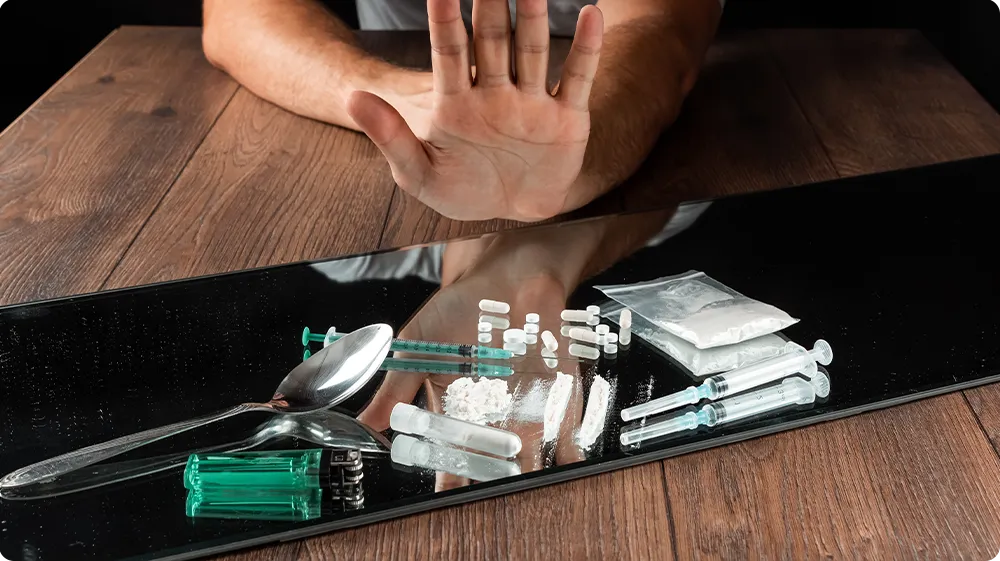
BEYOND 200+ ITEMS: GENERAL RULE
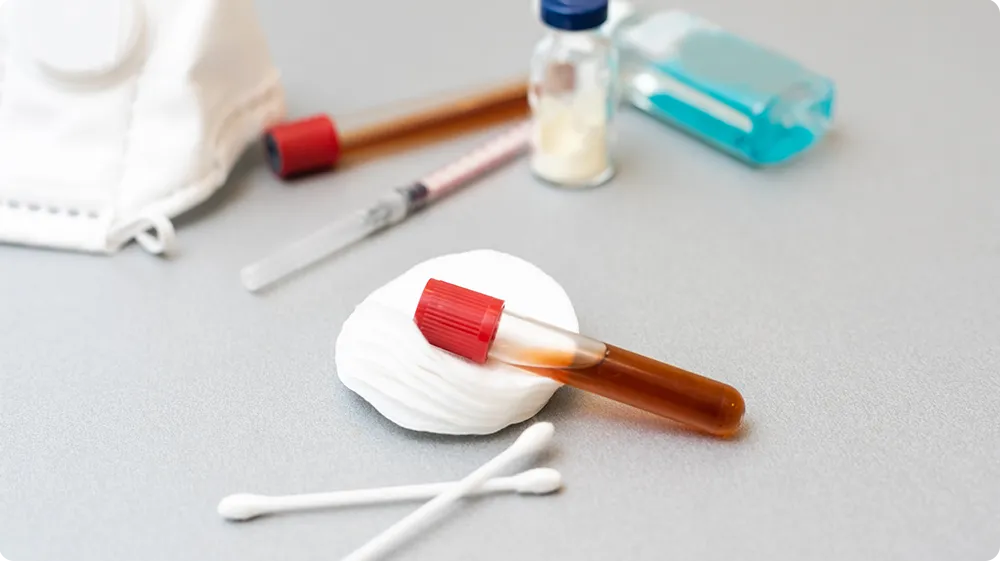
• Any Unfamiliar OTC Product – If you’re not sure, check with your surgeon or pharmacist.
• Any “New” Herbal Blend – If you haven’t used it before, do not introduce it right before surgery.
• Weight-Loss or Fat-Burner Supplements – Often contain multiple stimulants or diuretics.
• “Detox” Teas or Juices – May contain laxatives, diuretics, or herbs that raise or lower blood pressure.
• Pre-Workout Powders & Drinks – Typically high in caffeine, creatine, stimulants, or nitric oxide boosters that affect blood pressure.
KEY REMINDERS
• Not Everyone Needs to Stop All Items: Some patients only need to discontinue traditional NSAIDs and certain supplements. Your surgeon will give the final word.F
• Timing Matters: Many items are restricted for at least 7–14 days pre-op, but the exact timeline can vary.
• Prescription Medications: Never stop a doctor-prescribed blood thinner or other critical drug without discussing it with both your prescribing physician and surgeon.
• Read All Labels Carefully: Many OTC products hide NSAIDs or salicylates. Combination cold/flu or menstrual-relief formulas often contain them.
• Full Disclosure: Always inform your healthcare team of everything you take—including “natural” or “herbal” items—to avoid dangerous interactions.
• Smoking & Nicotine: Even though they are not “blood thinners,” they impair wound healing and circulation significantly; many surgeons require cessation before surgery.
FINAL NOTE
This list is broad and intended as a guideline—not a definitive prescription for what you must avoid. Always consult your surgeon, pharmacist, or primary care doctor for personalized instructions. Properly managing medications and supplements before surgery is crucial for minimizing bleeding complications, ensuring safe anesthesia, and promoting optimal healing.
OUR TEAM

TESTIMONIALS

FREQUENTLY ASKED QUESTIONS

What should I expect during my first visit?
Your first visit begins with a comprehensive consultation where our experts will assess your skin and discuss your aesthetic goals. We will recommend personalized treatment options and answer any questions you may have to ensure you feel comfortable and informed.
Are your treatments safe?
Yes, all our treatments are performed by highly trained and certified professionals using state-of-the-art equipment and techniques. We prioritize your safety and comfort, adhering to the highest standards of medical care and hygiene.
How do I know which treatment is right for me?
Our team will guide you through the selection process during your initial consultation. We’ll evaluate your skin type, concerns, and goals to recommend the most suitable treatments to achieve the best results for you.
What types of cosmetic procedures do you offer?
We specialize in a wide range of cosmetic and plastic surgery procedures, including but not limited to:
Breast Augmentation: Enhancing breast size and shape.
Abdominoplasty (Tummy Tuck): Removing excess abdominal skin and tightening muscles.
Brazilian Butt Lift (BBL): Enhancing and reshaping the buttocks using fat from other areas of your body.
Liposuction: Removing excess fat deposits to contour the body.
Mommy Makeover: A combination of procedures tailored to restore pre-pregnancy body contours.
Who comprises your medical team?
Our team includes experienced professionals dedicated to patient safety and exceptional results:
Dr. Louis DeLuca, MD: A board-certified surgeon specializing in cosmetic and surgical arts.
Stephanie Lehman, APRN, CRNA: An advanced practice registered nurse and certified registered nurse anesthetist.
Kyle Lehman, APRN, CRNA: An advanced practice registered nurse and certified registered nurse anesthetist.
Is there any downtime after treatments?
Most of our treatments are non-invasive or minimally invasive, requiring little to no downtime. However, the recovery time can vary depending on the specific treatment. During your consultation, we will provide detailed post-treatment care instructions and inform you about any necessary recovery time.
How often should I schedule treatments?
The frequency of treatments depends on the type of service and your individual needs. Some treatments, like facials, may be done monthly, while others, like laser hair removal, may require a series of sessions spaced several weeks apart. We will create a personalized treatment plan to ensure optimal results.
Do you offer packages or memberships?
Yes, we offer a variety of packages and memberships designed to provide you with ongoing care and savings. Our packages bundle popular treatments for comprehensive care, while our memberships offer exclusive benefits and discounts. Contact us to learn more about our current offerings and find the perfect plan for your needs.
What payment options are available?
We offer flexible payment plans to accommodate your financial needs, including 0% interest options for up to 24 months. During your consultation, we can discuss the best payment plan tailored to your situation.
How can I schedule a consultation?
To schedule a consultation, you can contact us at (954) 754-4877 or email us at [email protected]. Our clinic is located at 18260 Northeast 19th Avenue Ste 104, North Miami Beach, FL 33162. We look forward to assisting you on your aesthetic journey.
CONTACT US
(954) 754-4877
18260 Northeast 19th Avenue Ste 104, North Miami Beach FL 33162
